Starting your day off right can set the tone for everything that follows. But did you know that some foods can actually cause more harm than good when eaten on an empty stomach? It's not just about what tastes good; it's about making choices that won't leave you feeling bloated, uncomfortable, or dealing with digestive issues. This is why it's important to know these 10 foods you should never have on an empty stomach.
Choosing the right breakfast isn't just about flavor; it's about feeling great all day long. Some foods can irritate your stomach lining, spike your blood sugar levels, or even lead to heartburn. Knowing what to skip can save you from a lot of discomfort and set you up for a productive day. So, before you grab that quick snack or drink, take a moment to think about how it might affect your body. Let's get started!

Citrus Fruits
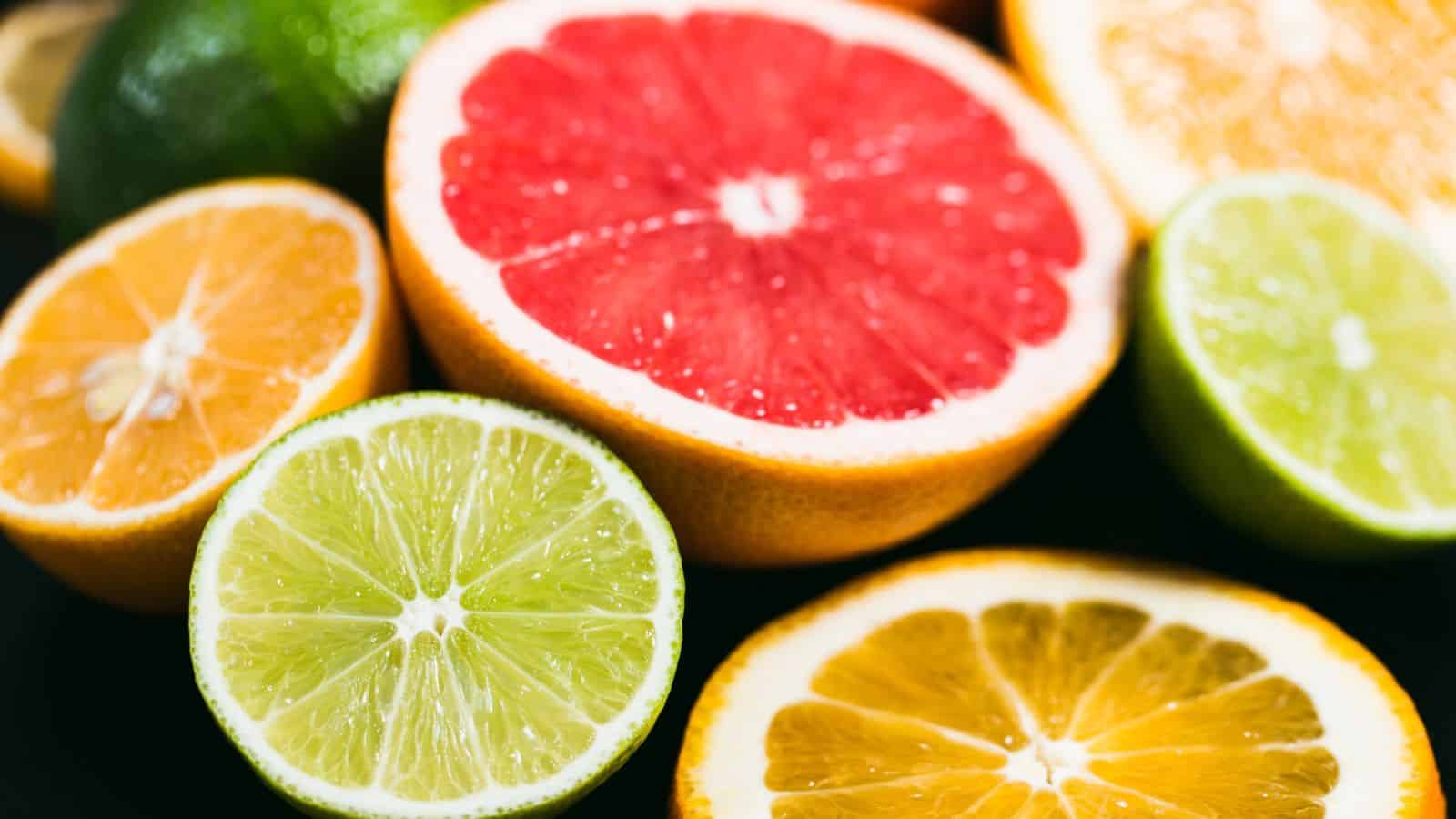
Consuming citrus fruits like oranges, lemons, or grapefruits on an empty stomach can lead to discomfort. Their high acidic content can irritate the stomach lining, potentially causing heartburn or indigestion. Additionally, the acid can interact negatively with the gastric mucosa, leading to increased acid production and discomfort. It's better to consume these fruits after a meal when the stomach has other food to help buffer the acidity. Over time, regular consumption on an empty stomach can also erode tooth enamel.
Tomatoes

Tomatoes are rich in tannic acid, which increases acidity in the stomach. Eating them on an empty stomach can lead to gastric irritation and discomfort. This can result in bloating and a feeling of heaviness. The high acidity can also exacerbate conditions like acid reflux. It's advisable to incorporate tomatoes into meals where they can be balanced with other ingredients, reducing their impact on the stomach lining and overall digestive process. Over time, this can also lead to gastritis or stomach ulcers.
Carbonated Drinks

Drinking carbonated beverages first thing in the morning can introduce excessive gas into the digestive system, leading to bloating and discomfort. The carbonation can also irritate the stomach lining, causing a feeling of fullness and sometimes pain. Additionally, many carbonated drinks contain high levels of sugar or artificial sweeteners, which can cause a rapid spike in blood sugar levels, followed by a crash. It's better to start the day with still water or herbal tea. Regular consumption can also lead to long-term digestive issues.
Spicy Foods

Spicy foods can be harsh on an empty stomach, leading to irritation of the stomach lining. This can cause indigestion, heartburn, and even stomach cramps. The capsaicin in spicy foods can stimulate the stomach to produce more acid, which can exacerbate these symptoms. For those with sensitive stomachs or conditions like gastritis, consuming spicy foods on an empty stomach can lead to significant discomfort. It's better to have these foods later in the day, when the stomach has other contents to buffer the spice. Over time, this can lead to chronic digestive issues.
Coffee

Drinking coffee on an empty stomach can increase the production of stomach acid, leading to heartburn and indigestion. The high acidity of coffee can irritate the stomach lining, causing discomfort. Additionally, coffee can stimulate the production of gastric juices, which can exacerbate symptoms of acid reflux. For those who are sensitive to caffeine, consuming coffee without any food can lead to jitteriness and anxiety. It's advisable to have coffee with or after a meal to mitigate these effects. Long-term, this can lead to chronic digestive problems.
Pastries and Sugary Foods

Consuming pastries and sugary foods on an empty stomach can lead to a rapid spike in blood sugar levels. This sudden increase is often followed by a sharp drop, which can result in feelings of fatigue, irritability, and hunger shortly after eating. The high sugar content can also stimulate the pancreas to produce more insulin, leading to an imbalance in blood sugar levels. Over time, this can contribute to insulin resistance and increase the risk of developing type 2 diabetes. It's better to start the day with a balanced meal that includes protein and fiber to maintain stable energy levels.
Yogurt

Eating yogurt on an empty stomach may not be beneficial because the high acidity of an empty stomach can kill the beneficial bacteria (probiotics) present in yogurt. These probiotics are intended to aid digestion and promote gut health, but their effectiveness is reduced when consumed alone. Additionally, some people may experience stomach discomfort or bloating when consuming dairy products on an empty stomach. To maximize the health benefits of yogurt, it's best to eat it with other foods, such as fruits or whole grains, which can help buffer the stomach's acidity and enhance digestion.
Raw Vegetables
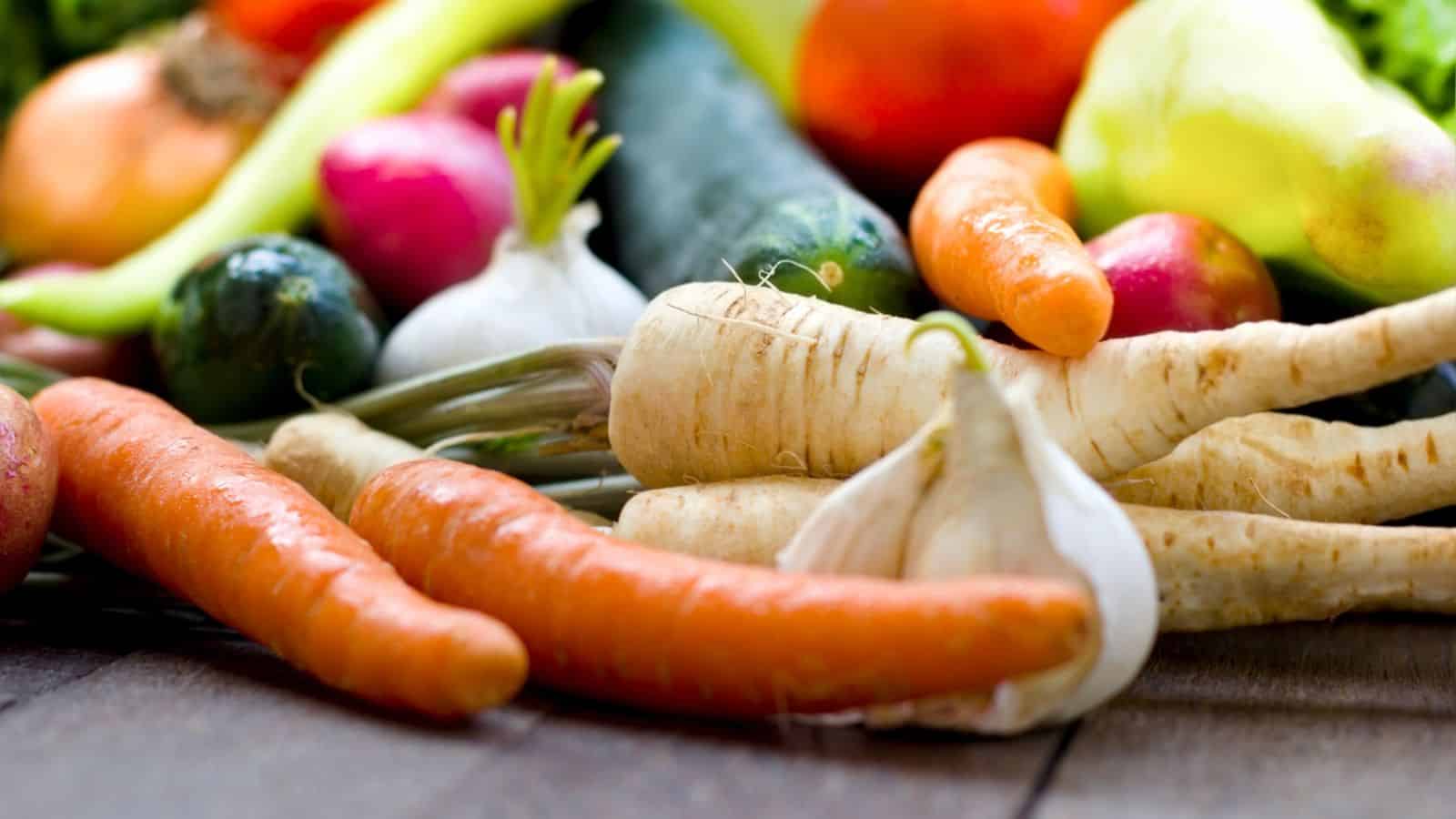
Consuming raw vegetables on an empty stomach can be tough on the digestive system due to their high fiber content. This can lead to bloating, gas, and discomfort as the stomach works harder to break down the fibrous material. The rough texture of raw vegetables can also irritate the stomach lining, especially if it's sensitive. Cooking vegetables can help soften the fiber and make them easier to digest. It's advisable to eat raw vegetables as part of a balanced meal, where they can be combined with other foods that aid in digestion and nutrient absorption.
Bananas
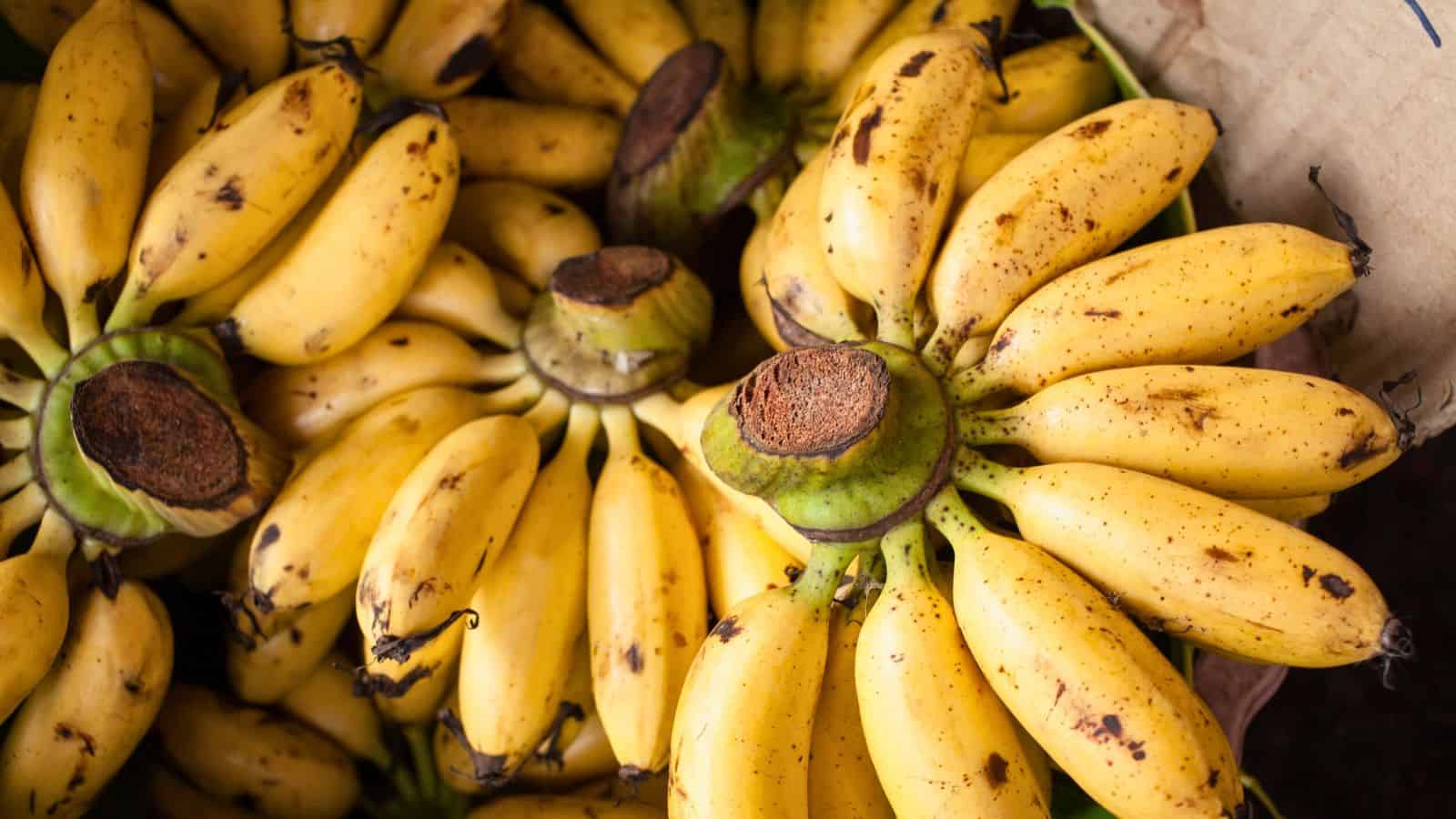
Eating bananas on an empty stomach can lead to an imbalance in blood magnesium and potassium levels due to their high magnesium content. This sudden influx can affect heart health and muscle function. Additionally, the natural sugars in bananas can cause a quick spike in blood sugar levels, followed by a crash, leading to feelings of fatigue and hunger. While bananas are nutritious, it's better to consume them as part of a balanced meal that includes protein and healthy fats, which can help regulate blood sugar levels and supply sustained energy throughout the day.
Pears

Consuming pears on an empty stomach can be harsh due to their high crude fiber content. This can damage the delicate mucous membranes of the stomach, leading to discomfort and potential digestive issues. The fiber can also cause bloating and gas, making it difficult for the stomach to process. To avoid these issues, it's better to eat pears as part of a meal where the fiber can be balanced with other nutrients. This approach helps in better digestion and absorption of the fruit's vitamins and minerals, giving you a more comfortable and beneficial eating experience.
Rise and Shine, Not Whine

Wrapping up, it's clear that what you eat first thing in the morning can make a big difference in how you feel throughout the day. Avoiding certain foods on an empty stomach can help you dodge discomfort, bloating, and other digestive issues. By making smarter choices, you can set yourself up for a more comfortable and productive day. It’s all about listening to your body and giving it what it needs to thrive.
So next time you reach for breakfast, remember these tips and think twice before grabbing those items that might cause trouble. A little mindfulness can go a long way in maintaining your well-being. Eating the right foods at the right times can keep you energized, focused, and feeling great. Here’s to making better choices and starting your day off on the right foot!
Drinks You Should NEVER Have On An Empty Stomach

Starting your day with the wrong beverage can really mess up your stomach and set a bad tone for the rest of your day. These 10 drinks you shouldn't have on an empty stomach can cause issues like heartburn, bloating, or even a sudden sugar crash. Whether it's that seemingly harmless cup of coffee or a refreshing glass of citrus juice, what you drink first thing in the morning matters more than you might think. Your stomach is sensitive when empty, and certain drinks can irritate it more than others.
Read it Here: 10 Drinks You Should NEVER Have On An Empty Stomach
Want Better Sleep? Avoid Eating These Food Items Before Sleep

Ever find yourself tossing and turning at night, wondering why sleep just won't come? It might not just be stress or that late-night Netflix binge. What you eat before hitting the sack can seriously mess with your sleep. Some foods are great for keeping you awake and alert but these 13 foods to avoid before sleep are definitely not what you want when you're trying to catch some Zs. By cutting out these sleep-disrupting foods, you can set yourself up for a night of deep, uninterrupted sleep. Say goodbye to restless nights and hello to feeling refreshed and energized in the morning. Ready to find out what to avoid? Let's get started!
Read it Here: Want Better Sleep? Avoid Eating These 13 Food Items Before Sleep

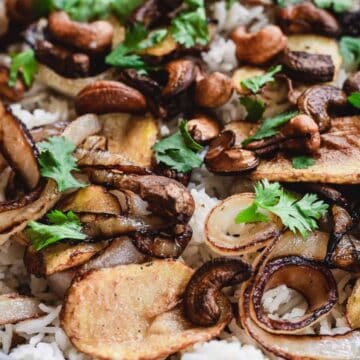

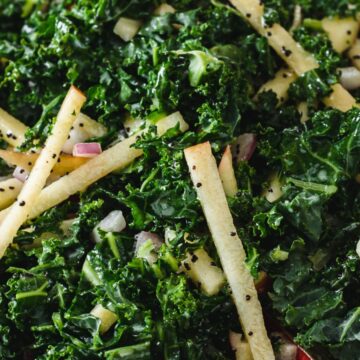


Tell Me What You Think!